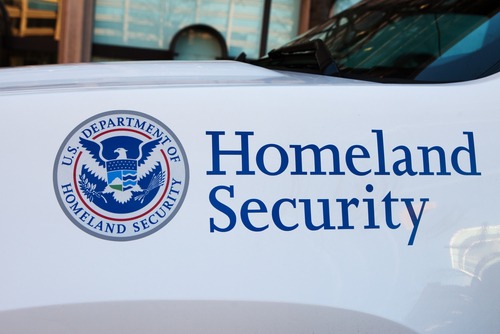
In a request for information published this week, the United States Department of Homeland Security’s (DHS) Science and Technology Directorate (S&T) reached out for details on the scientific capabilities to support its Food, Agriculture and Veterinary Defense (FAV-D) Program.
Part of a larger effort on the part of Homeland Security, through its new Office of Health Security, to refocus on human and agriculture security, the program seeks organizations capable of providing either expertise or lab research, development, test and evaluation capabilities. These would be used to confront current or emerging boundary-crossing animal and zoonotic diseases, high consequence plant diseases, agricultural pests and technologies that could harm U.S. agriculture.
“DHS is invested in the agro-defense mission’s success. S&T’s Plum Island Animal Disease Center (PIADC) will continue to support the science necessary to stay ahead of the curve and address transboundary animal diseases to protect U.S. agriculture,” Dr. Tod Companion, executive advisor to the S&T FAV-D program, said. “We will continue to coordinate our efforts in human and agricultural security as the PIADC transitions to the National Bio and Agro-Defense Facility (NBAF).”
PIADC represents the primary resource for DHS efforts involving transboundary animal diseases. Currently based in New York, it is set to transfer operations to Manhattan, Kansas under the jurisdiction of the U.S. Department of Agriculture. At that point, PIADC’s New York operations will cease.
As to the request for information, S&T stressed that it is meant merely for market research, information and planning purposes — not a solicitation of proposal or contract. It will run until Sept. 9, 2022.




